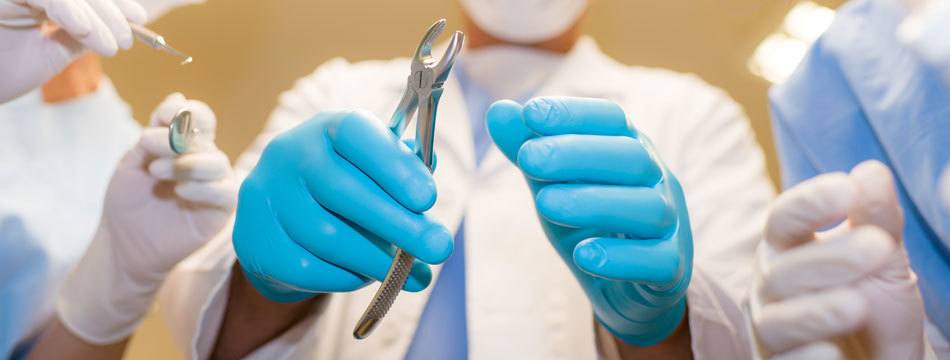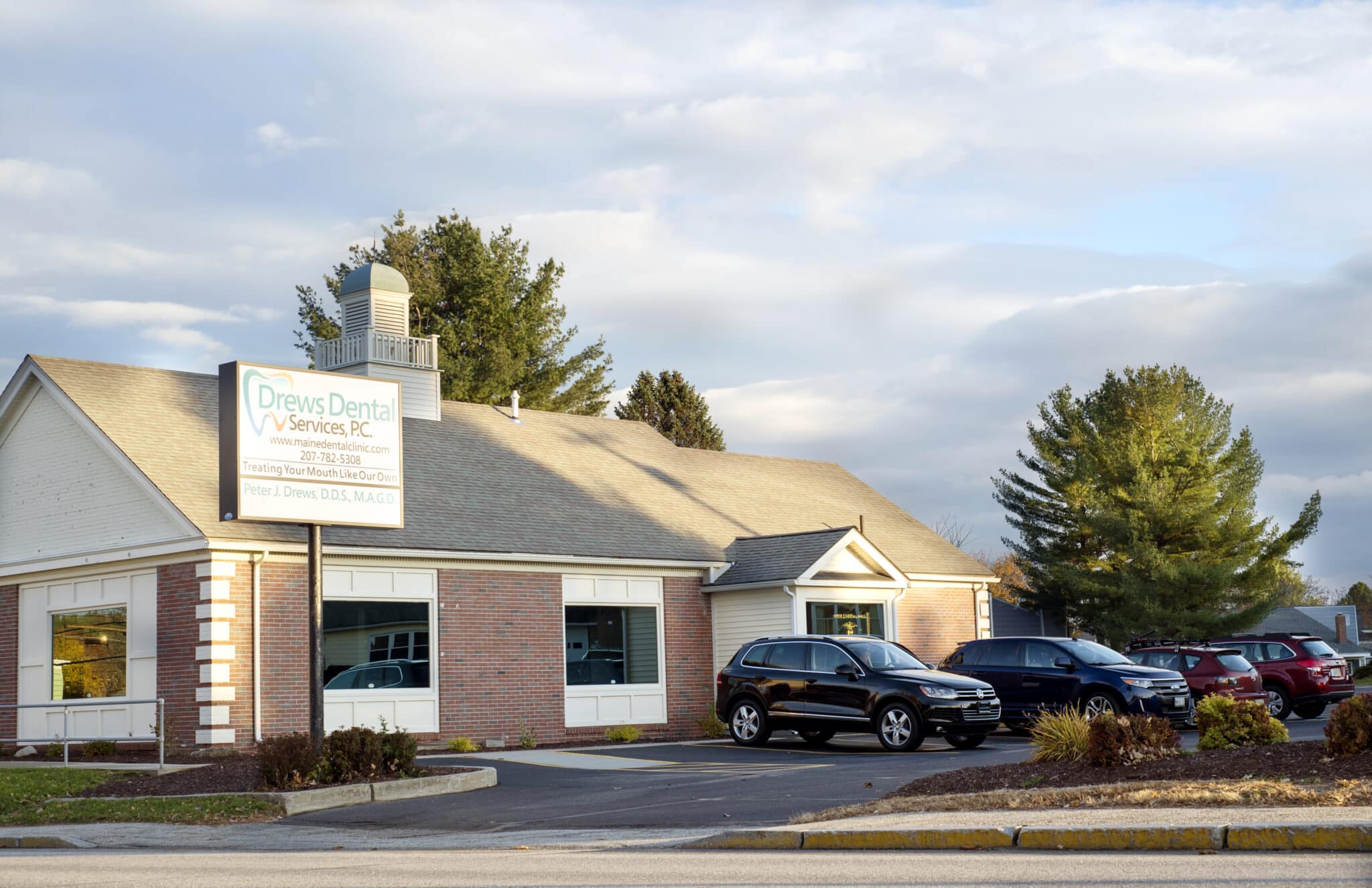Like most dentists, I feel like it’s my job to save teeth, so I feel reluctant to extract a healthy tooth that does not pose any issues to the structural integrity and health of your mouth. Dentists cannot replace what mother nature has made, and often extracting a tooth, or teeth, can have a domino effect on your adjacent and opposing teeth as well as on your bone levels.
However, when an extraction becomes clinically necessary, it is typically for a very specific reason and it becomes important that the tooth be removed.

Other Services
Common Clinical Reasons for Tooth Extractions
- If a tooth is so severely decayed or abscessed that no other treatment can cure the infection, then an extraction is obviously warranted.
- A tooth that is significantly damaged and broken down to the point that a crown cannot be placed will also need to be removed.
- Advanced periodontal disease results in the loosening of gum tissue around a tooth, and a loose tooth (as an adult) can create problems with chewing and infections.
- A tooth that is poorly positioned, causing crowding (which generally precedes orthodontic treatment).
- Wisdom teeth that are either partially erupted or impacted.
Actual treatment will depend on several factors, but those are some common reasons why we may recommend extraction.
Extraction Appointments
An extraction is done in a single appointment and is generally pretty quick and easy.
Before removing the tooth, we will make sure that you are completely comfortable. A local anesthetic is applied to numb the area. You won’t feel any pain, only slight pressure as the tooth is removed – which is usually faster than the actual time it takes for you to numb up!
Once the tooth has been extracted, you may need a couple of stitches. If not, I will have you bite down on a gauze pad to stop any further bleeding and help with clotting.
After A Tooth Extraction
Generally speaking, recovery only lasts a couple of days and any discomfort can be managed with ibuprofen. While you’ll feel better quickly, it actually takes 3 to 4 weeks for the gum tissues to heal and up to 6 months for the bone to heal.
The only post-operative restrictions are related to keeping the blood clot in place in order to avoid dry socket. Dry socket (alveolar osteitis) is a painful dental condition that occurs when the blood clot at the site of the tooth extraction fails to develop, or is dislodged or dissolves before the wound has healed.
You’ll want to take it easy for the rest of the day after your appointment (binge watching NetFlix is a great way to pass the time) and you’ll definitely want to avoid smoking, brushing, and sucking anything through a straw. You’ll also want to be giving up your pretzel / peanuts / popcorn habit for a few days.
Don’t worry, you’ll be given a list of do’s and don’ts before you leave the office. If you’d like a sneak peak, feel free to read 5 Things To Avoid After A Tooth Extraction.
If you have questions about tooth extractions that we haven’t answered here, or you want to come in and have us take a look at your teeth, just give us a call at (207) 782-5308 or fill out the contact form.
Rest assured we will refer you to one of the specialist offices we work with in the case of more complex treatments or medical needs.

Make an Appointment for Your Smile!




